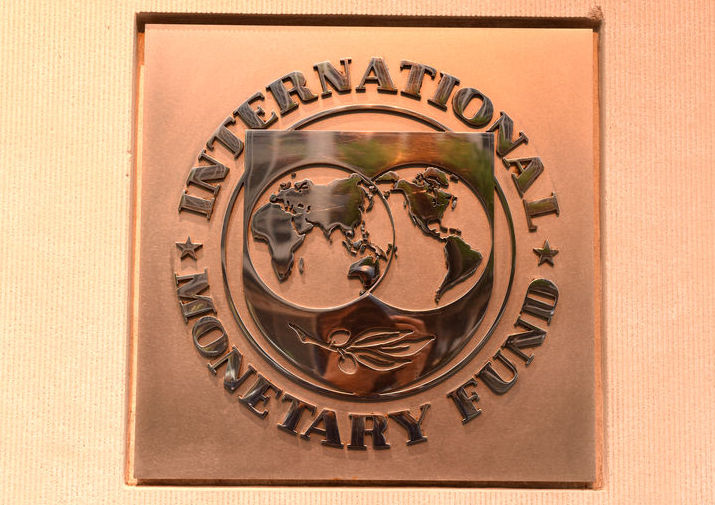Reform the IMF to Reflect New Economic Landscape

Martin Sandbu rightly warns about the diminishing role of the IMF as a crisis manager (Free Lunch, September 19). The challenges faced by the fund are much bigger than its lack of financial resources to put out fires. The current financial market turmoil in Argentina shows the IMF’s standby loan of $50bn — the largest ever credit line in IMF history — has failed to provide an effective anchor for addressing financial vulnerabilities and bolstering market confidence.
The immediate disbursement of $15bn (30 per cent of the total IMF loan) to Argentina did not help in averting currency collapse or arresting capital flight.
These developments in Argentina may deter other emerging market economies to seek financial support from the IMF as its ability to provide the missing anchor for financial stability has been seriously undermined.
In the aftermath of the global financial crisis, new bilateral and regional mechanisms for crisis management have emerged, but they have remained largely untested. Hence, there is a need to implement quota and voice reforms at the IMF to better reflect the new economic landscape.
In addition, the IMF should move away from the orthodoxy in terms of economic thinking and adopt a more nuanced approach towards capital controls that have proved to be effective tools in curbing capital outflows.
Kavaljit Singh
Director, Madhyam
Delhi, India
Source: Letter to Editor, Financial Times, September 21, 2018. Available at https://www.ft.com/content/6ba31840-6e40-11e8-92d3-6c13e5c92914.
